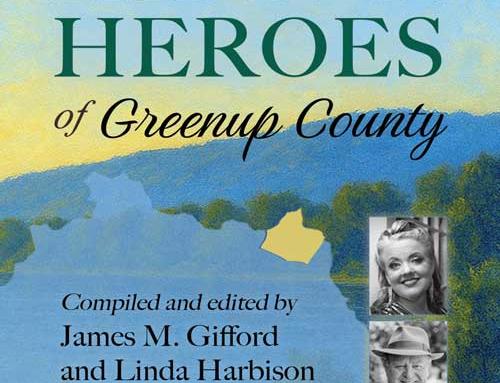I offer this essay about my grandmother as my tribute to Women’s History Month.
My father was an alcoholic who deserted us when my brother and I were infants. My mother was mentally and emotionally handicapped. She was incapable of gainful support and sat at home in rags while my aging grandmother, Clara Moore Clark, taught and supported us.
As a little boy, I imagined that my grandmother was like Jesus – she knew how to love and she knew how to forgive; she lovingly sacrificed herself for others. She had a gentle soul and a determined spirit, and she developed an unwavering sense of responsibility, an uncompromising integrity, and an unfailing courage that enabled her to meet a lifetime of difficulties.
She was a brilliant child, and her father and mother wisely encouraged her love of learning. Her postsecondary training at Morgan school and one year at Peabody earned her a Licensed Instructor’s degree in June 1911. For the next five decades, she was a teacher.
In 1947, I was a homeless three-year-old child when I entered my grandmother’s life. She was living in an old house that her aunt had given to her. She had already raised six children on a teacher’s salary – a salary that was only half what the other teachers made, because she “only” had a two-year degree (from one of America’s greatest teaching training institutions), and they had four-year degrees. But she was the smartest person I have ever known, and she was a great teacher, too.
The old house we lived in was a large, crumbling, antebellum structure on the edge of town. One of the back rooms had a dirt floor. Perhaps the greatest difficulty in growing up there was that it was so far from town, school, and church. When we were little boys, we walked home with our grandmother at the end of the school day. Occasionally people would stop and give us a ride. But, for the most part, we walked everywhere we went. That made me painfully aware of our poverty. Other people rode. We walked. I learned a very basic lesson from walking everywhere as a child: You can’t quit ‘till you get where you’re going. It was a lesson that has served me well throughout my life.
I lived with my grandmother for most of the next twenty-two years. My social security records prove that I began working when I was twelve years old. I worked my way through grades 6 – 12, college, and eight years of graduate school. In 1977 I earned a Ph.D. in history from the University of Georgia. My education was the secular equivalent to baptism by total emersion. I got more than a degree. I got an education. For five years, I studied in the UGA library until it closed at midnight. During those years of intense study, I learned much about writing and history.
When my grandmother lay on her death bed in 1978, I felt helpless. She had saved my life, but I could not save hers. For a week, I prayed for God to take me and give my remaining days to my grandmother. When it became obvious that I could not die for her, I determined to live for her. Everything I have ever done that is of value is a tribute to my grandmother, Clara Moore Clark. We walked everywhere together when I was a little boy – to school, to church, to the library, to the store. Now she walks the golden streets of Heaven, and I pray that I will walk with her again someday.
Almost every Appalachian family has a woman of great character like my grandmother. In a nation that currently suffers a Covid pandemic, runaway inflation, and the fear of war, the love and patience of Appalachian women can be a serum against the plague of conflict and confrontation that is weakening the very fabric of our nation.
By James M. Gifford
JSF CEO & Senior Editor




